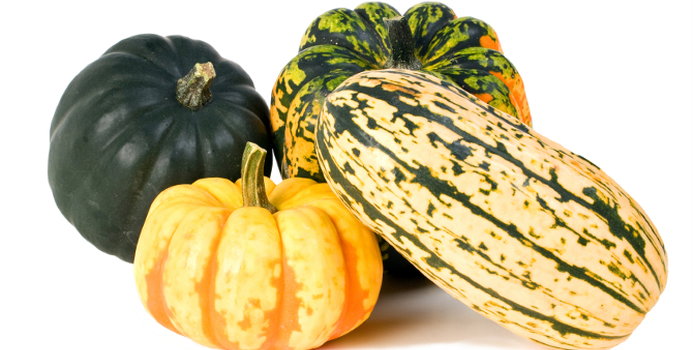During winter, the body needs more vitamins and minerals to withstand the cold, and fresh green vegetables offer a great option for staying healthy. Vegetables are rich in vitamin C and other useful minerals that the body needs to fight off illnesses and maintain good health. Here are 5 of the healthiest winter vegetables:
Artichoke is a vegetable that is commonly consumed during winter. It's beneficial to the body because it's a great source of vitamin C and fiber. It's known that artichoke can increase bile flow and aid digestion. Before you eat this vegetable, you first have to remove the thorns. Artichoke can be boiled or deep fried. If you're boiling your artichoke, you should not cover the pot, because this will allow the harmful acids in the vegetable to escape.
2. KaleKale is a kind of cabbage that is rich in beta carotene, vitamin C, vitamin K and calcium. The nutrients in it can help fight cancer and control inflammatory illnesses, as well as strengthen the immune system. Kale is sometimes frozen before it's used for cooking, because it tastes sweeter when it's exposed to frost. It can be steamed, boiled or sautéed, or served raw in salads. There are many varieties of Kale, and they include Curly Kale, Dinosaur Kale, Ornamental Kale and Russian Kale.
3. CabbageCabbage is also known as Brassica Oleracea, and it's available in the forms of red cabbage, cone cabbage and standard cabbage. This vegetable has a unique short stem, and it's considered an herbaceous flowering plant. Cabbage is an excellent source of vitamin B, vitamin C, calcium, magnesium, phosphorous, protein and zinc. It has high anti-inflammatory properties, and it can help prevent or reduce swelling. It's also a good remedy for headaches, ulcers and skin illnesses. Cabbage is usually served raw as an ingredient in salads, but it can also be used for cooking soups and stews.
4. ArugulaArugula is a green leafy vegetable that belongs to the same family of vegetables as broccoli, cabbage and cauliflower. It contains high amounts of vitamin A, vitamin C, vitamin K, calcium and iron, and it can help prevent diseases such as macular degeneration and cancer. Arugula also has low levels of oxalate, a compound that can interfere with the body's absorption of nutrients. By consuming this vegetable, your body will receive more nutrients from the food you eat. While eating raw arugula can bring great benefits to your body, the healthiest way to consume this vegetable is to cook it with a little oil. According to nutritionists, a little fat can help the body absorb nutrients better.
5. Winter SquashWinter squash refers to a group of richly colored vegetables that have high levels of carotenes, vitamin B1, vitamin C, pantothenic acid, folic acid, potassium and fiber. Some of the vegetables that are included in the winter squash group are pumpkin, butternut, spaghetti and acorn squash. Generally, a winter squash that is more richly-colored has a higher concentration of nutrients. This vegetable can help protect the body from heart disease, cancer and diabetes. You can cook winter squash by steaming, baking, boiling or roasting.



